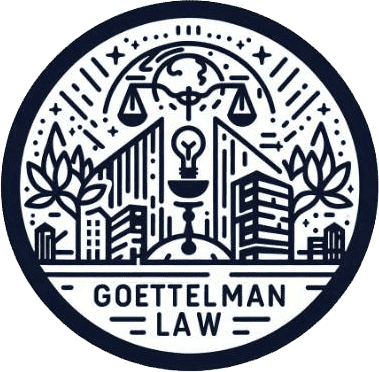The world of non-fungible tokens (NFTs) is rapidly evolving, not only in terms of technology and market dynamics but also regarding the legal framework that governs them. As NFTs continue to gain popularity and integrate into various sectors, regulatory bodies and legal systems worldwide are working to understand and establish clear guidelines for their use and trade. This article provides an overview of some of the recent legal developments related to NFT regulation.
United States: Clarifying the Application of Existing Laws
In the United States, one of the landmark cases that have set a precedent for NFT regulation is Hermès International v. Rothschild. The case, heard by the U.S. District Court for the Southern District of New York, involved allegations of trademark infringement, trademark dilution, and cybersquatting under the Lanham Act. The court’s decision to deny the motion to dismiss the suit brought by Hermès against Mason Rothschild for creating “MetaBirkins” NFTs has significant implications for how intellectual property laws apply to digital assets.
Moreover, the Securities and Exchange Commission (SEC) has taken steps to regulate NFTs as securities in certain contexts. The SEC’s first enforcement action on NFTs involved a media and entertainment company charged with conducting an unregistered sale of NFTs called “Founder’s Keys.” This case highlights the SEC’s approach to regulating digital assets on a case-by-case basis and its reliance on the Howey Test to determine whether an asset qualifies as a security.
United Kingdom: Recognizing NFTs as Legal Property
Across the Atlantic, the England and Wales High Court issued a landmark ruling on March 10, 2022, holding that NFTs are capable of being treated as legal property under the law of England and Wales. This recognition is a crucial step in providing legal clarity and protection for NFT owners and creators, as it establishes a basis for applying property laws to these digital assets.
China: Initiatives to Prevent NFT-Related Financial Risks
In China, while there are currently no specific laws or regulations that directly regulate NFTs, the National Internet Finance Association of China, Securities Association of China, and China Banking Association jointly issued an initiative on April 13, 2022, regarding the prevention of NFT-related financial risks. This initiative reflects the cautious approach taken by Chinese authorities towards the rapidly growing NFT market and their concern over potential financial risks.
Global Regulatory Review and the Need for Harmonization
The regulatory landscape for NFTs is still in its infancy, with different jurisdictions taking varied approaches to address the challenges posed by this new form of digital asset. The diversity in legal responses underscores the need for a harmonized regulatory framework that can accommodate the global nature of NFT transactions while ensuring consumer protection, market integrity, and legal certainty.
As the market for NFTs continues to expand, we can expect more legal developments and regulatory actions to emerge. Stakeholders, including creators, collectors, investors, and legal professionals, must stay informed and adapt to the changing legal environment surrounding NFTs. The ongoing dialogue between the tech community, regulators, and legal experts is essential in shaping a balanced and effective regulatory regime for NFTs.
